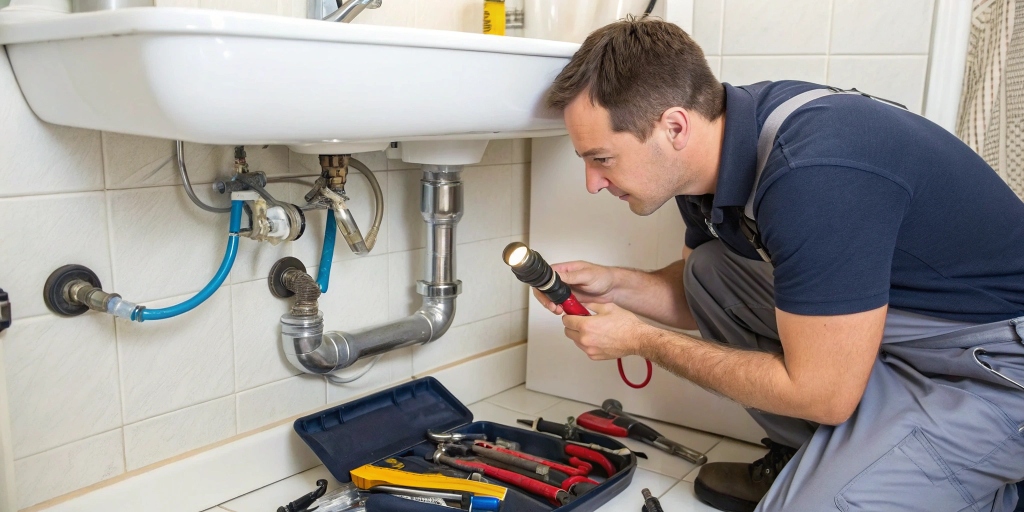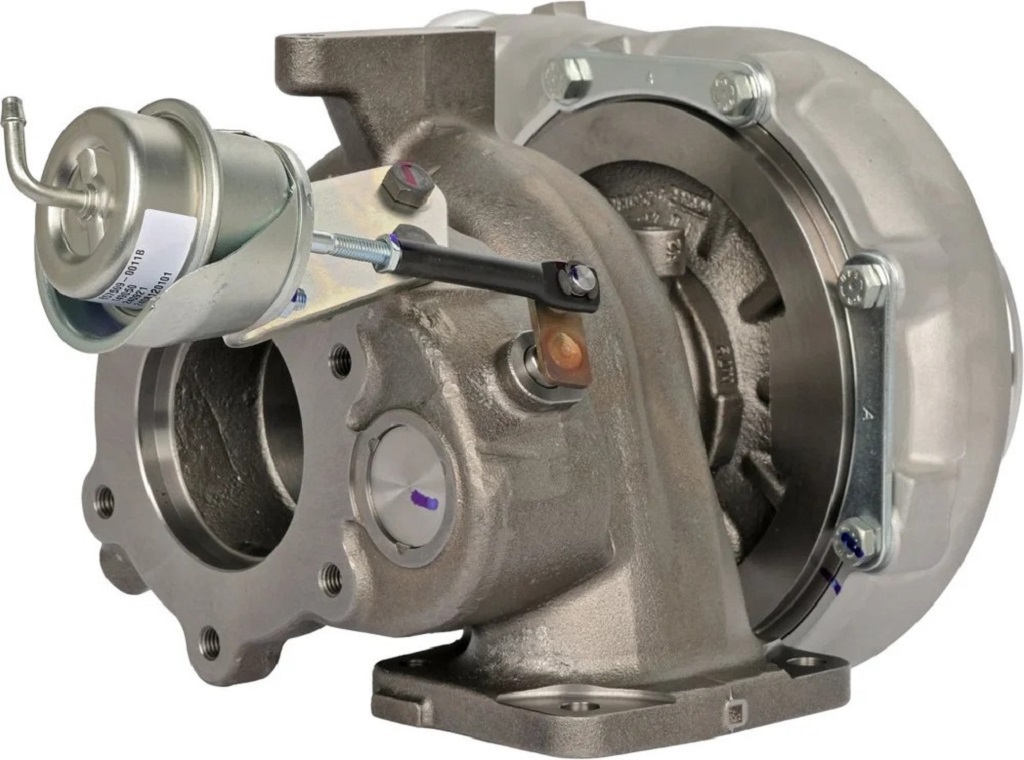Noisy water pipes can be more than just an annoyance—those clanks, bangs, and whistles might signal underlying plumbing issues that, if ignored, could lead to costly repairs or even safety hazards. But are noisy water pipes dangerous? In this comprehensive guide, we’ll explore the causes of noisy pipes, potential risks, and practical solutions to help you protect your home and ensure your plumbing system runs smoothly. Whether you’re a homeowner, renter, or property manager, understanding these sounds can save you time, money, and stress.
What Causes Noisy Water Pipes?
Plumbing systems are complex, and various factors can lead to unusual sounds. Here are the most common culprits behind noisy water pipes:
-
Water Hammer
When you suddenly turn off a faucet, the fast-moving water in your pipes slams against a closed valve, causing a loud banging or hammering sound. This phenomenon, known as water hammer, occurs due to the abrupt change in water flow.
- Why it happens: High water pressure, loose pipes, or worn-out valves.
- Signs: Loud bangs or thuds, especially after shutting off a faucet or appliance like a washing machine.
-
High Water Pressure
Excessive water pressure can make pipes vibrate, leading to humming, whistling, or rattling noises. Most homes operate best with water pressure between 40 and 60 psi (pounds per square inch).
- Why it happens: Municipal water supply issues or a malfunctioning pressure regulator.
- Signs: A constant humming or high-pitched whine when water is running.
-
Loose or Worn-Out Pipe Supports
Pipes expand and contract with temperature changes and water flow. If they’re not properly secured, they can rub against walls, joists, or other surfaces, creating creaking, rattling, or tapping sounds.
- Why it happens: Aging pipe straps, poor installation, or thermal expansion.
- Signs: Random creaks or ticks, especially during hot or cold water use.
-
Air in the Pipes
Air bubbles trapped in your plumbing system can cause gurgling or bubbling noises as water pushes them through.
- Why it happens: Recent plumbing repairs, low water pressure, or a disrupted water supply.
- Signs: Gurgling sounds, often heard near drains or when flushing toilets.
-
Worn-Out Washers or Valves
Faucet washers, seals, and valves wear out over time, leading to vibrations that produce squealing or whistling noises.
- Why it happens: Age, corrosion, or mineral buildup from hard water.
- Signs: High-pitched squeals when turning faucets on or off.
Are Noisy Water Pipes Dangerous?
Not all noisy pipes pose an immediate threat, but certain sounds can indicate problems that, if left unchecked, may lead to serious consequences. Let’s break down the potential risks:
-
Damage to Pipes and Fittings
Water hammer, for example, creates intense pressure surges—sometimes exceeding 200 psi—that can weaken pipe joints, crack fittings, or even cause pipes to burst. A burst pipe can flood your home, leading to water damage, mold growth, and repair costs averaging $1,000 to $5,000 or more, depending on the extent of the damage.
-
Leaks and Water Loss
Rattling or loose pipes can wear down seals and joints, causing small leaks. Even a slow drip can waste up to 20 gallons of water per day, increasing your water bill and risking structural damage to walls, floors, or foundations.
-
Reduced System Efficiency
High water pressure or air in the pipes can strain your plumbing system, reducing the efficiency of appliances like water heaters, dishwashers, and washing machines. This can lead to higher energy bills and premature wear on these costly units.
-
Safety Hazards
In rare cases, a burst pipe or severe leak can compromise your home’s structural integrity or create slippery surfaces, posing a safety risk. If leaks go unnoticed in walls or ceilings, they can also foster mold and mildew, which may trigger health issues like allergies or respiratory problems.
When Noisy Pipes Aren’t Dangerous
Some noises, like mild gurgling or occasional creaks, are often harmless and may resolve on their own. However, persistent or loud sounds—especially banging or whistling—should never be ignored, as they often signal a problem needing attention.
How to Diagnose Noisy Water Pipes
Diagnosing the cause of noisy pipes is the first step to addressing the issue. Here’s how to get started:
-
Identify the Sound
- Banging or thudding: Likely water hammer.
- Whistling or squealing: Possible high water pressure or worn-out washers.
- Gurgling: Air trapped in the pipes.
- Rattling or creaking: Loose or expanding pipes.
-
Check When the Noise Occurs
- Does it happen when you turn a faucet on or off?
- Is it tied to specific appliances, like a toilet or dishwasher?
- Is the noise constant or intermittent?
-
Test Water Pressure
- Use a water pressure gauge (available at hardware stores for $10-$20) to check if your pressure exceeds 60 psi.
- If you don’t have a gauge, look for signs like vibrating pipes or excessive faucet splashing.
-
Inspect Visible Pipes
- Check basements, crawl spaces, or under sinks for loose, sagging, or wet pipes.
- Look for signs of leaks, such as damp spots or water stains.
If you’re unsure about the cause, consider consulting a licensed plumber for a professional assessment. They can use tools like pressure tests or pipe cameras to pinpoint the issue.
Solutions for Noisy Water Pipes
The good news? Most noisy pipe issues are fixable. Here are practical solutions based on the cause:
-
Fix Water Hammer
- Install a Water Hammer Arrestor: These devices, costing $15-$50, absorb shock from sudden water flow stops. Place them near problem areas like washing machines or faucets.
- Lower Water Pressure: If pressure is too high, adjust or install a pressure regulator to keep it between 40-60 psi.
- Secure Pipes: Use pipe straps or cushions to stabilize loose pipes and reduce banging.
-
Reduce High Water Pressure
- Install a Pressure Regulator: A plumber can install this device (typically $200-$400 with labor) to control water pressure.
- Check with Your Water Supplier: If pressure is high due to municipal supply, they may be able to adjust it.
-
Secure Loose Pipes
- Add Pipe Clamps or Straps: Use metal or plastic clamps (about $5 each) to anchor pipes to studs or joists.
- Use Pipe Insulation: Foam pipe sleeves reduce friction and noise from expansion, especially for hot water lines.
-
Remove Air from Pipes
- Flush the System: Turn on all faucets and flush toilets to push air out. Start at the highest point in your home and work downward.
- Check for Leaks: Air can enter through small cracks, so inspect and seal any leaks.
-
Replace Worn-Out Parts
- Fix Faucets: Replace worn washers, O-rings, or seals in faucets (kits cost $5-$20).
- Upgrade Valves: Old shut-off valves may need replacement to stop vibrations.
When to Call a Professional
If noises persist, or if you suspect leaks, burst pipes, or complex pressure issues, hire a licensed plumber. Professional repairs for water hammer or pressure problems typically cost $150-$500, depending on the scope.
Preventing Noisy Water Pipes
Prevention is key to avoiding costly repairs. Follow these tips:
- Regular Maintenance: Inspect pipes, faucets, and valves yearly for wear or loose fittings.
- Monitor Water Pressure: Keep pressure between 40-60 psi to reduce strain.
- Insulate Pipes: Use foam sleeves to minimize expansion noise and protect against freezing.
- Schedule Professional Checkups: A plumber can catch issues early, saving you money long-term.
Conclusion: Are Noisy Water Pipes a Cause for Concern?
Noisy water pipes aren’t always dangerous, but they’re often a warning sign. From water hammer to high pressure, these sounds can point to issues that, if ignored, may lead to leaks, bursts, or costly damage. By diagnosing the cause—whether it’s banging, whistling, or gurgling—and applying the right fixes, you can protect your home, save water, and enjoy peace. If you’re unsure or the noise persists, don’t hesitate to call a plumber. Addressing noisy pipes early can prevent bigger problems down the line.
Need Help? If you’re hearing unusual pipe noises, start with simple checks like securing pipes or flushing the system. For complex issues, consult a licensed plumber to ensure your system is safe and sound.
Read More:






